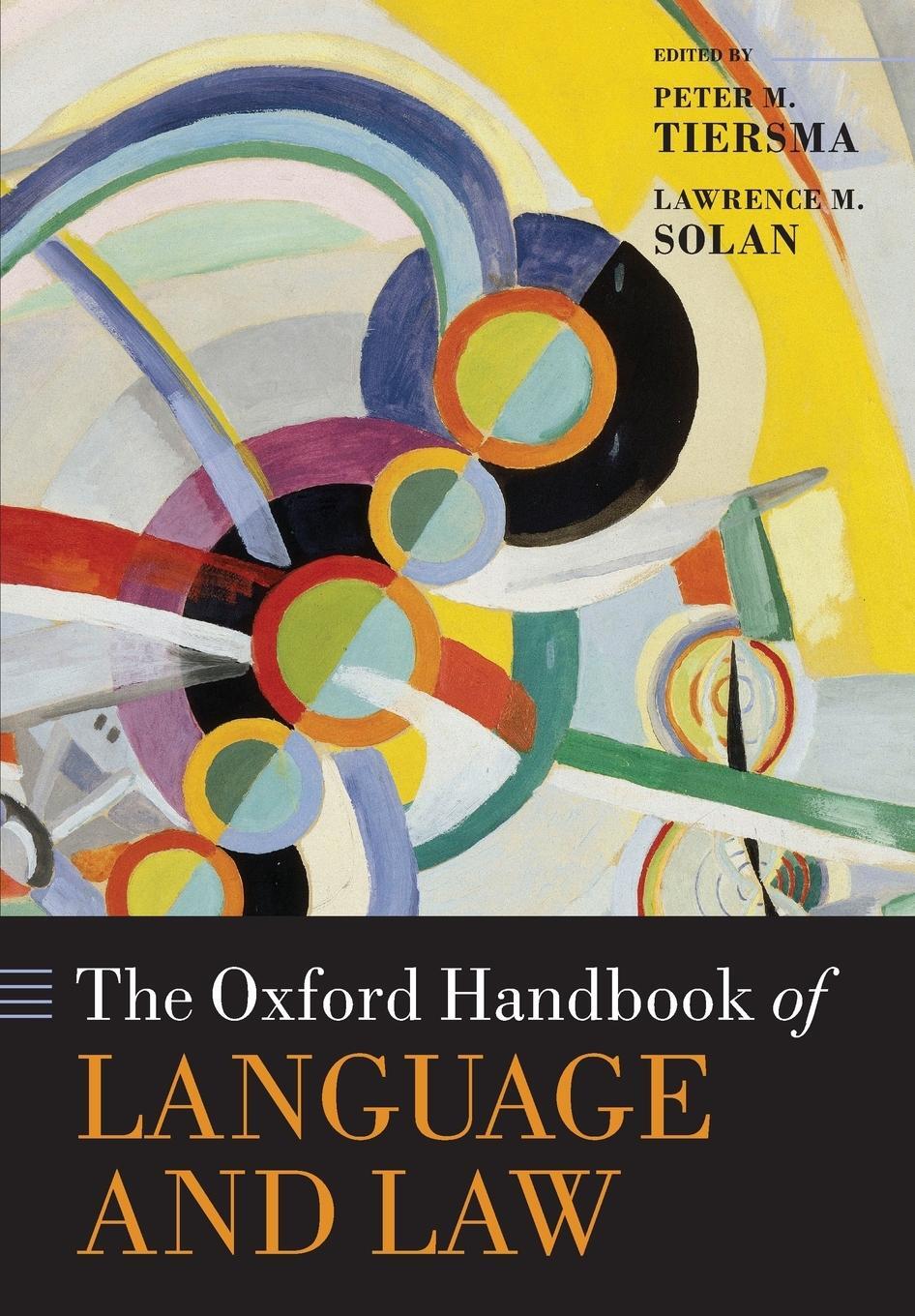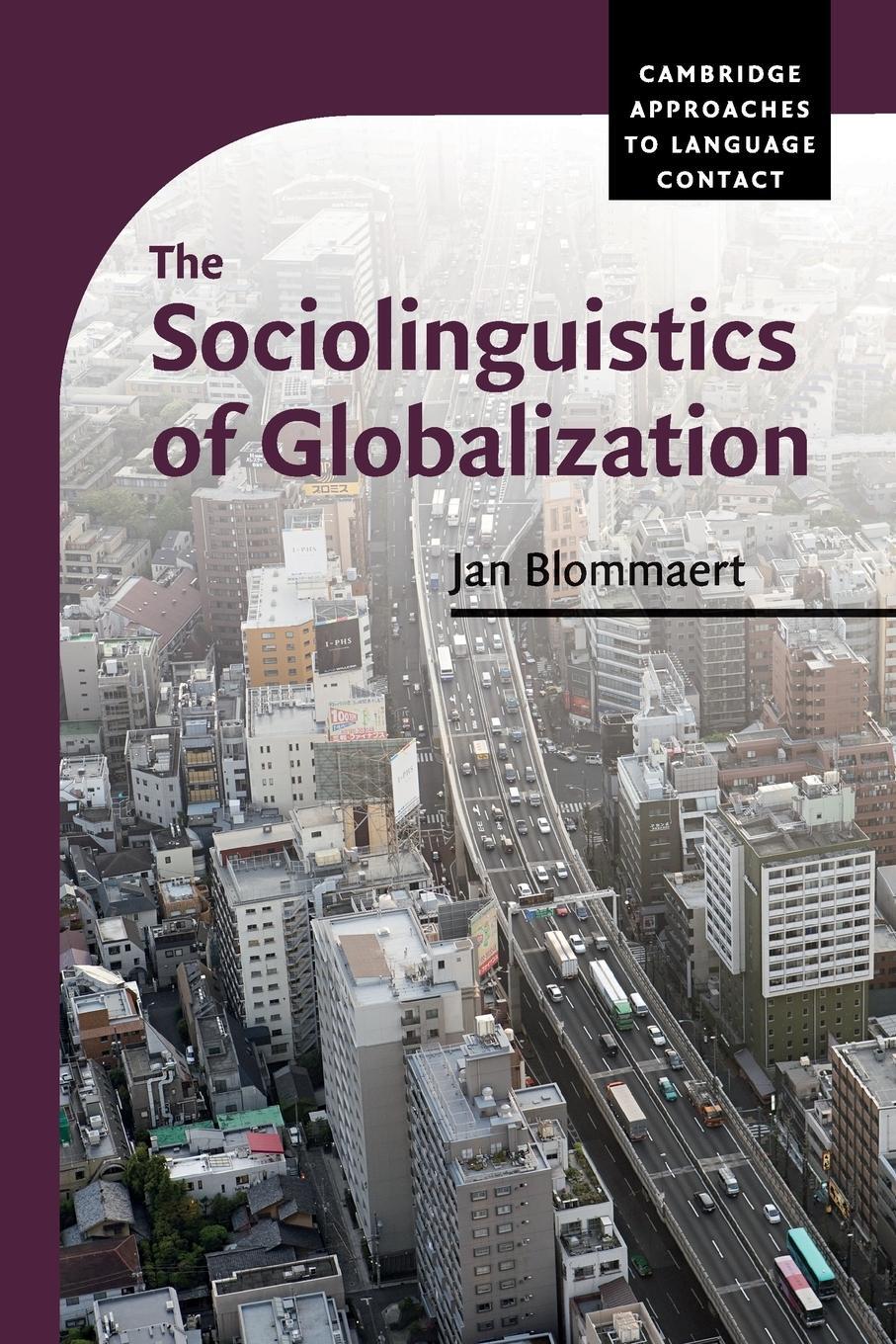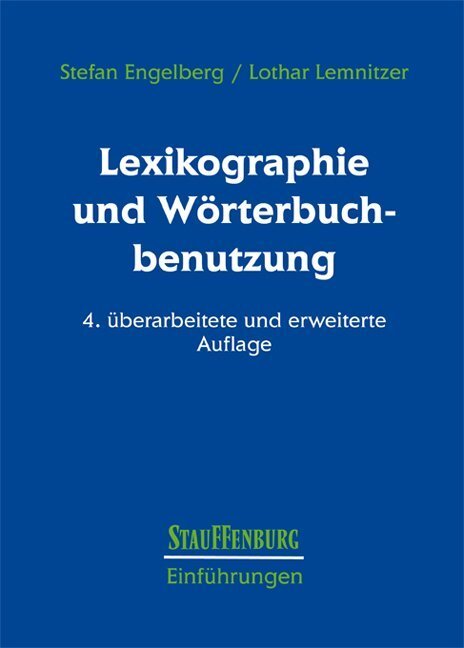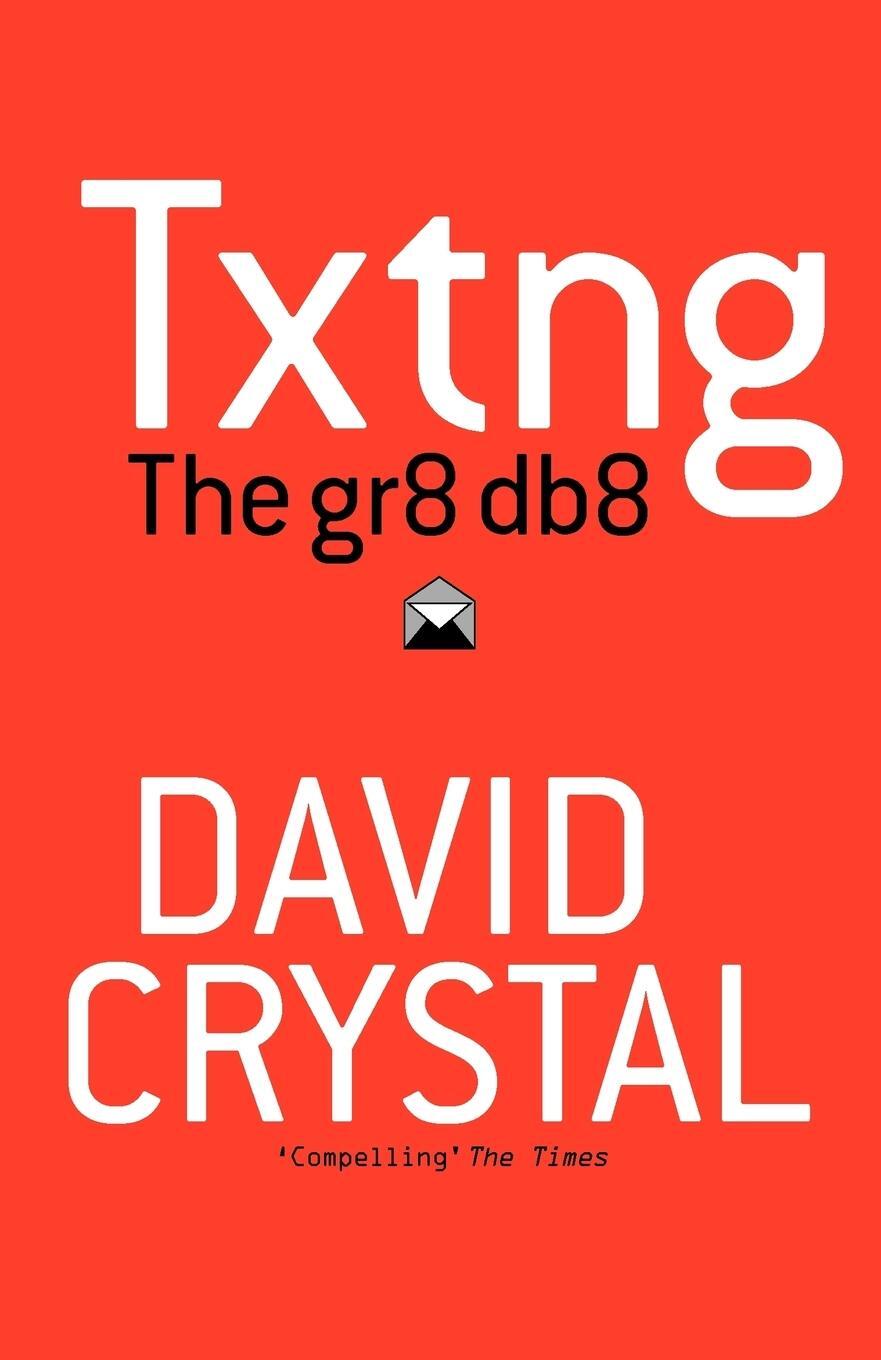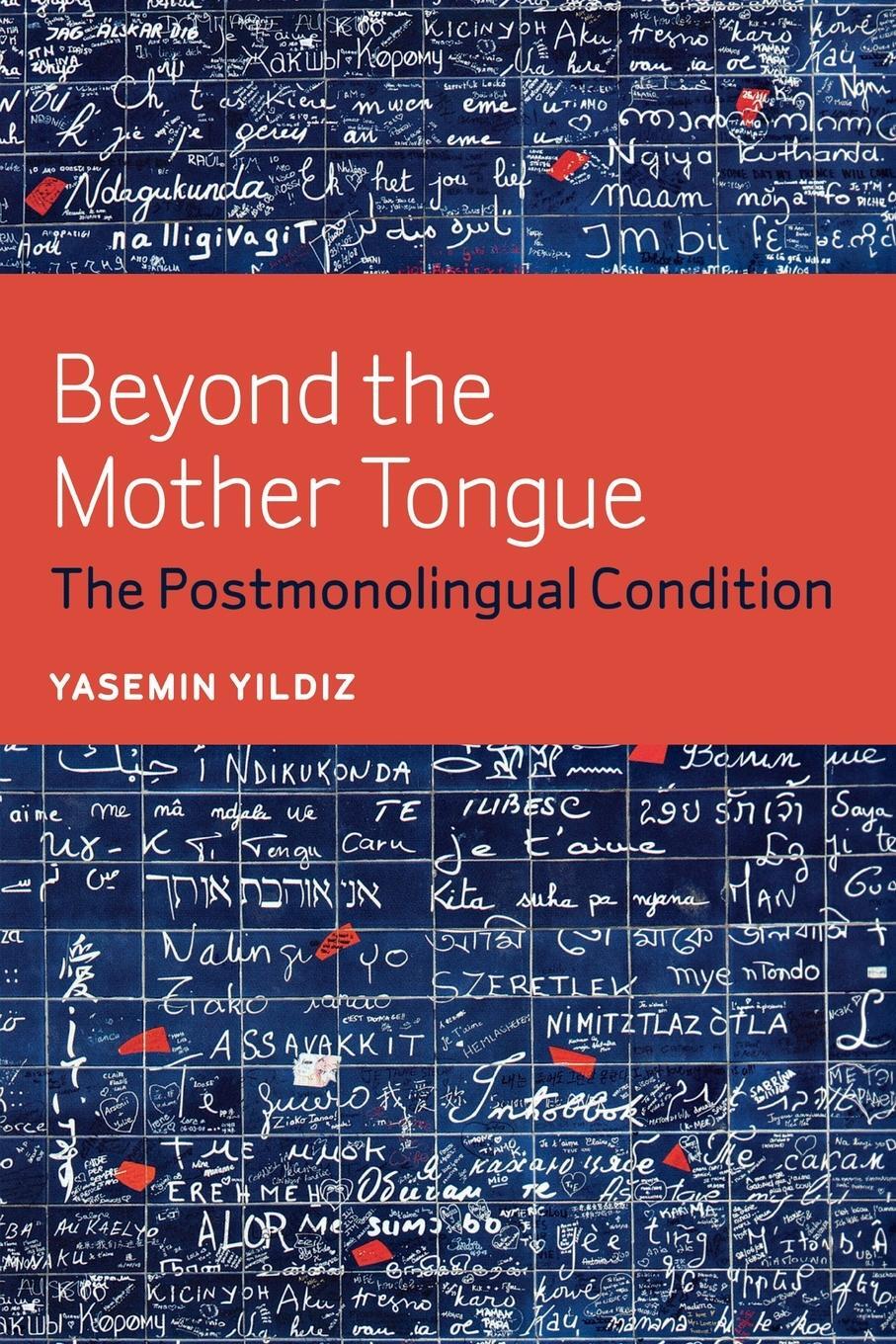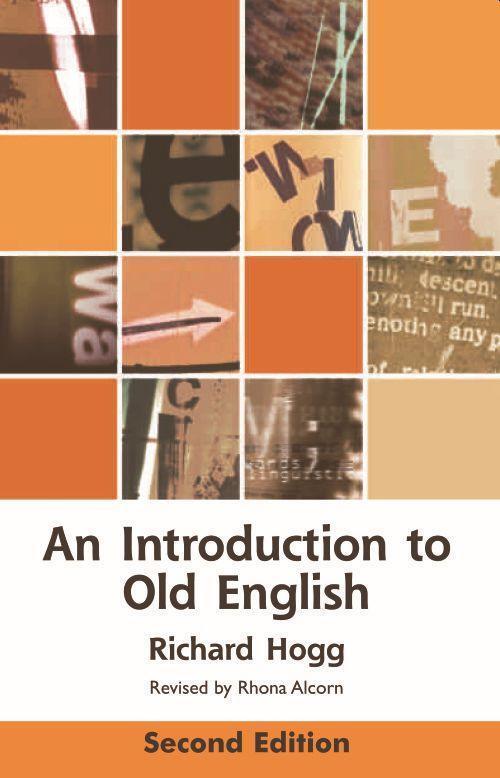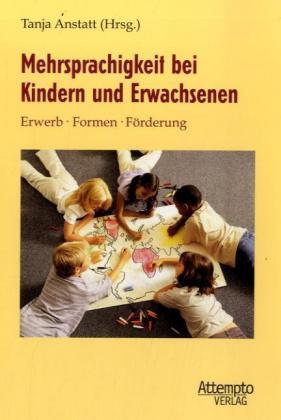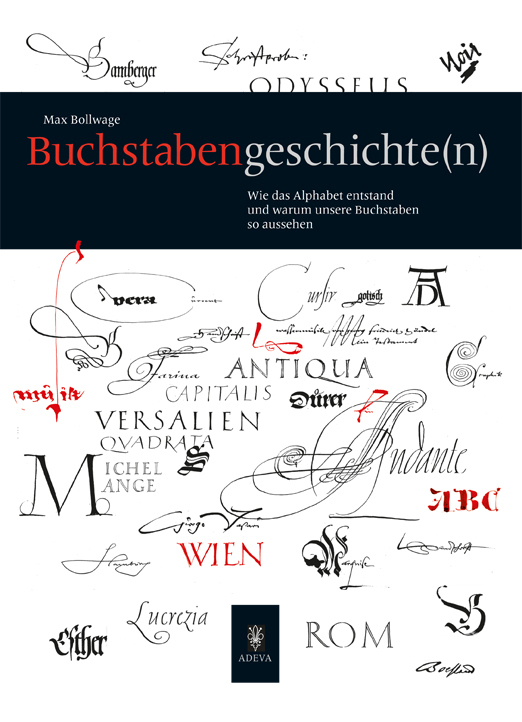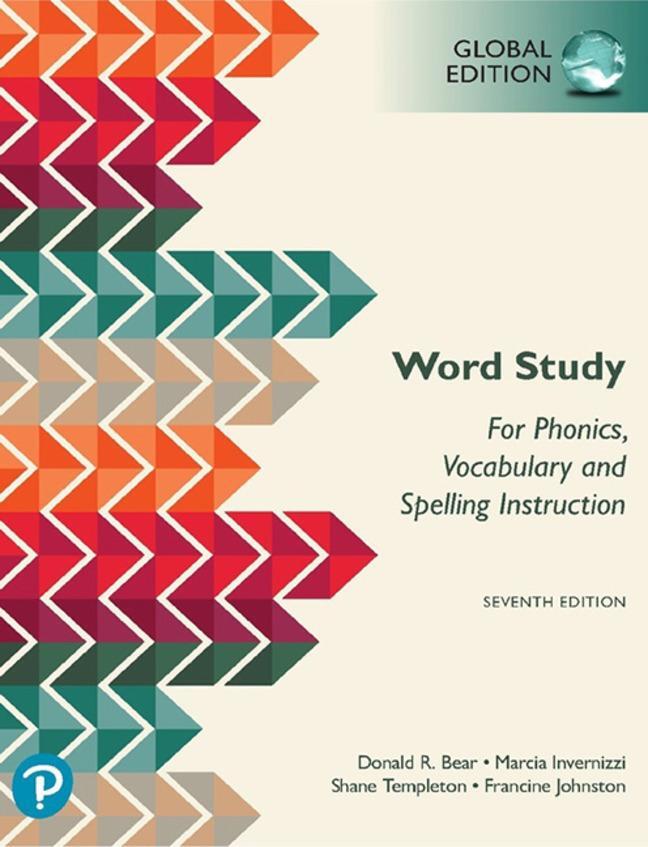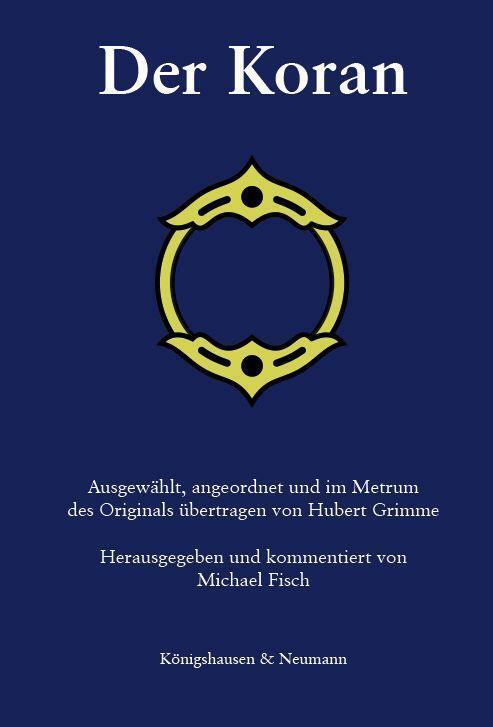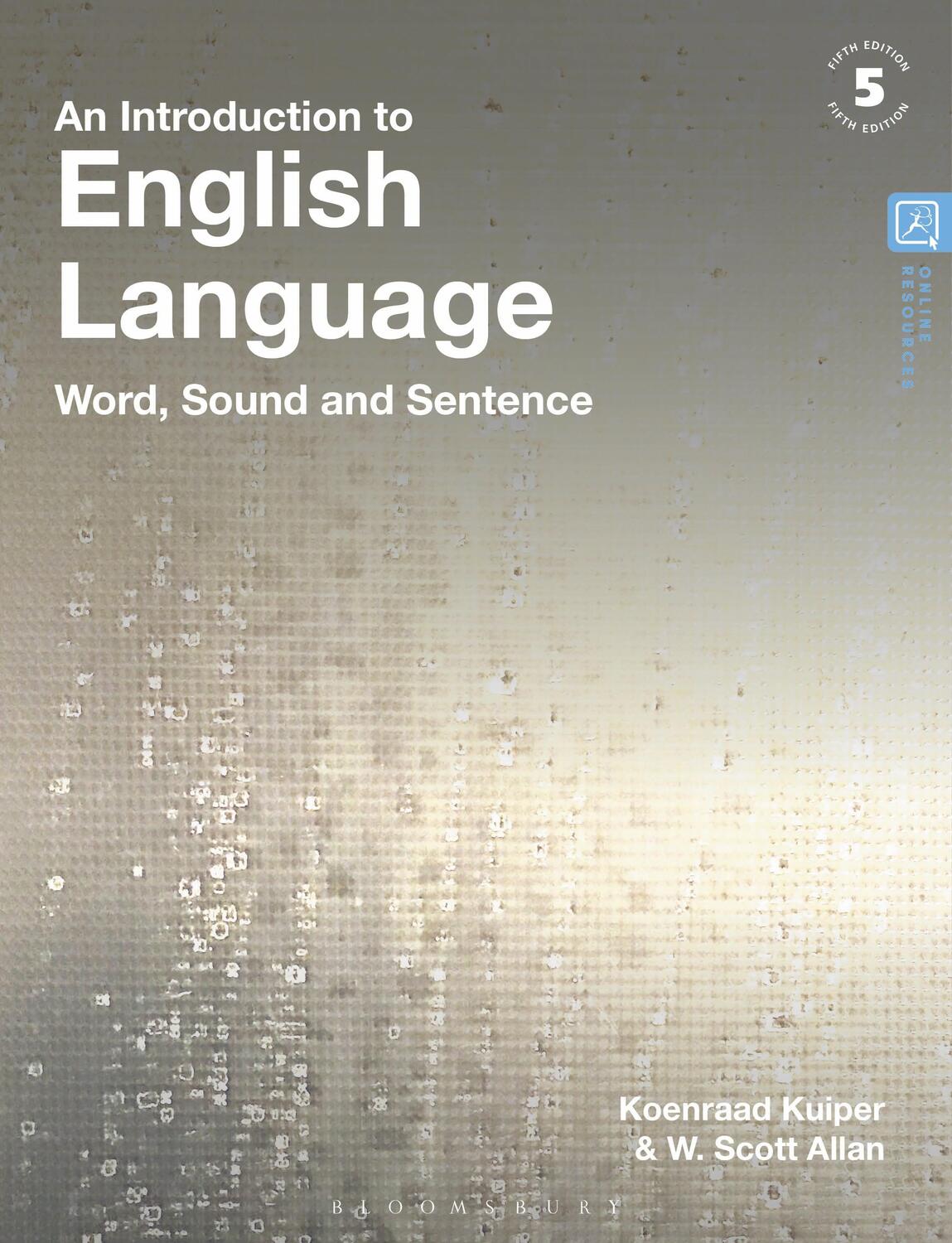Dekorationsartikel gehören nicht zum Leistungsumfang.
Sprache:
Englisch
58,00 €*
Versandkostenfrei per Post / DHL
Aktuell nicht verfügbar
Kategorien:
Beschreibung
This book provides a state-of-the-art account of past and current research in the interface between linguistics and law. It outlines the range of legal areas in which linguistics plays an increasing role and describes the tools and approaches used by linguists and lawyers in this vibrant new field.
This book provides a state-of-the-art account of past and current research in the interface between linguistics and law. It outlines the range of legal areas in which linguistics plays an increasing role and describes the tools and approaches used by linguists and lawyers in this vibrant new field.
Über den Autor
Peter M. Tiersma was the Hon. William Matthew Byrne Professor of Law at Loyola Law School of Los Angeles from 2009 until his death in 2014. He had a Ph.D in Linguistics from the University of California, San Diego, and a J. D. degree from the University of California, Berkeley. His books include Legal Language (1999), and Parchment, Paper, Pixels: Law and the Technologies of Communication (2010).
Lawrence M. Solan is the Don Forchelli Professor of Law and the Director of the Center for the Study of Law, Language, and Cognition at Brooklyn Law School. He is on the editorial board of The International Journal of Speech, Language, and the Law and the author of Language and Judges (1993).
Lawrence M. Solan is the Don Forchelli Professor of Law and the Director of the Center for the Study of Law, Language, and Cognition at Brooklyn Law School. He is on the editorial board of The International Journal of Speech, Language, and the Law and the author of Language and Judges (1993).
Inhaltsverzeichnis
- Part I: Legal Language
- 1: Peter Tiersma: A History of the Language of the Law
- 2: Heikki E. S. Mattila: Legal Vocabulary
- 3: Risto Hiltunen: The Grammar and Structure of Legal Texts
- 4: Maurizio Gotti: Text and Genre
- 5: Mark Adler: The Plain Language Movement
- Part II: The Interpretation of Legal Texts
- 6: Lawrence M. Solan: Linguistic Issues in Statutory Interpretation
- 7: Sanford Schane: Contract Formation as a Speech Act
- 8: Robert W. Bennett: Constitutional Interpretation
- 9: Ralf Poscher: Ambiguity and Vagueness in Legal Interpretation
- 10: Brian H. Bix: Legal Interpretation and the Philosophy of Language
- Part III: Multilingualism and Translation
- 11: Michel Bastarache: Bilingual Interpretation Rules as a Component of Language Rights in Canada
- 12: Jan Engberg: Word Meaning and the Problem of a Globalized Legal Order
- 13: Susan Sarcevic: Challenges to the Legal Translator
- 14: Karen McAuliffe: Language and Law in the European Union
- 15: Cornelis J. W. Baaij: Fifty years of Multilingual Interpretation in the European Union
- Part IV: Language Rights
- 16: Tove Skutnabb-Kangas: Linguistic Human Rights
- 17: Peter Tiersma: Language Policy in the United States
- 18: Durk Gorter and Jasone Cenoz: Legal Rights of Linguistic Minorities in the EU
- 19: Tunde Olusola Opeibi: Investigating the Language Situation in Africa
- Part V: Language and Criminal Law
- 20: Janet Ainsworth: The Meaning of Silence in The Right to Remain Silent
- 21: Naomi E. S. Goldstein, Sharon Messenheimer, Christina Riggs L. Romaine, and Heather Zelle: Potential Impact of Juvenile Suspects' Linguistic Abilities on Miranda Understanding and Appreciation
- 22: Frances Rock: The "Caution" in England and Wales
- 23: Janice Nadler and J. D. Trout: The Language of Consent in Police Encounters
- 24: Peter Tiersma and Lawrence M. Solan: The Language of Crime
- 25: Deborah Davis and Richard A. Leo: Interrogation Through Pragmatic Implication: Sticking to the Letter of the Law While Violating Its Intent
- Part VI: Courtroom Discourse
- 26: Gail Stygall: Discourse in the U.S. Courtroom
- 27: Mami Hiraike Okawara: Courtroom Discourse in Japan's New Judicial Order
- 28: Liao Meizhen: Courtroom Discourse in China
- 29: Martha L. Komter and Marijke Malsch: The Language of Trials in an Inquisitorial Criminal Law System
- 30: Susan Berk-Saligson: Linguistic Issues in Courtroom Interpretation
- 31: Nancy S. Marder: Instructing the Jury
- Part VII: Intellectual Property
- 32: Roger W. Shuy: Using Linguistics in Trademark Cases
- 33: Ronald R. Butters: Language and Copyright Law
- 34: Syugo Hotta and Masahiro Fujita: The Psycholinguistic Basis of Distinctions in Trademark Law
- Part VIII: Identification of Authorship and Deception
- 35: Carole E. Chaski: Authorship Identification in the Forensic Setting
- 36: Krzysztof Kredens and Malcolm Coulthard: Corpus Linguistics in Authorship Identification
- 37: David Wools: Detecting Plagiarism
- Part IX: Speaker Identification
- 38: Peter L. Patrick: Language Analysis for Determination of Origin
- 39: A. Daniel Yarmey: Factors Affecting Lay Person's Identification of Speakers
- 40: Paul Foulkes and Peter French: Forensic Speaker Comparison
Details
| Erscheinungsjahr: | 2016 |
|---|---|
| Genre: | Allg. & vergl. Sprachwissenschaft |
| Rubrik: | Sprachwissenschaft |
| Medium: | Taschenbuch |
| Seiten: | 664 |
| Inhalt: | Kartoniert / Broschiert |
| ISBN-13: | 9780198744962 |
| ISBN-10: | 019874496X |
| Sprache: | Englisch |
| Einband: | Kartoniert / Broschiert |
| Autor: |
Tiersma, Peter M.
Solan, Lawrence M. |
| Redaktion: |
Tiersma, Peter M
Solan, Lawrence M |
| Hersteller: | Oxford University Press, USA |
| Maße: | 244 x 170 x 36 mm |
| Von/Mit: | Peter M Tiersma (u. a.) |
| Erscheinungsdatum: | 28.02.2016 |
| Gewicht: | 1,134 kg |
Über den Autor
Peter M. Tiersma was the Hon. William Matthew Byrne Professor of Law at Loyola Law School of Los Angeles from 2009 until his death in 2014. He had a Ph.D in Linguistics from the University of California, San Diego, and a J. D. degree from the University of California, Berkeley. His books include Legal Language (1999), and Parchment, Paper, Pixels: Law and the Technologies of Communication (2010).
Lawrence M. Solan is the Don Forchelli Professor of Law and the Director of the Center for the Study of Law, Language, and Cognition at Brooklyn Law School. He is on the editorial board of The International Journal of Speech, Language, and the Law and the author of Language and Judges (1993).
Lawrence M. Solan is the Don Forchelli Professor of Law and the Director of the Center for the Study of Law, Language, and Cognition at Brooklyn Law School. He is on the editorial board of The International Journal of Speech, Language, and the Law and the author of Language and Judges (1993).
Inhaltsverzeichnis
- Part I: Legal Language
- 1: Peter Tiersma: A History of the Language of the Law
- 2: Heikki E. S. Mattila: Legal Vocabulary
- 3: Risto Hiltunen: The Grammar and Structure of Legal Texts
- 4: Maurizio Gotti: Text and Genre
- 5: Mark Adler: The Plain Language Movement
- Part II: The Interpretation of Legal Texts
- 6: Lawrence M. Solan: Linguistic Issues in Statutory Interpretation
- 7: Sanford Schane: Contract Formation as a Speech Act
- 8: Robert W. Bennett: Constitutional Interpretation
- 9: Ralf Poscher: Ambiguity and Vagueness in Legal Interpretation
- 10: Brian H. Bix: Legal Interpretation and the Philosophy of Language
- Part III: Multilingualism and Translation
- 11: Michel Bastarache: Bilingual Interpretation Rules as a Component of Language Rights in Canada
- 12: Jan Engberg: Word Meaning and the Problem of a Globalized Legal Order
- 13: Susan Sarcevic: Challenges to the Legal Translator
- 14: Karen McAuliffe: Language and Law in the European Union
- 15: Cornelis J. W. Baaij: Fifty years of Multilingual Interpretation in the European Union
- Part IV: Language Rights
- 16: Tove Skutnabb-Kangas: Linguistic Human Rights
- 17: Peter Tiersma: Language Policy in the United States
- 18: Durk Gorter and Jasone Cenoz: Legal Rights of Linguistic Minorities in the EU
- 19: Tunde Olusola Opeibi: Investigating the Language Situation in Africa
- Part V: Language and Criminal Law
- 20: Janet Ainsworth: The Meaning of Silence in The Right to Remain Silent
- 21: Naomi E. S. Goldstein, Sharon Messenheimer, Christina Riggs L. Romaine, and Heather Zelle: Potential Impact of Juvenile Suspects' Linguistic Abilities on Miranda Understanding and Appreciation
- 22: Frances Rock: The "Caution" in England and Wales
- 23: Janice Nadler and J. D. Trout: The Language of Consent in Police Encounters
- 24: Peter Tiersma and Lawrence M. Solan: The Language of Crime
- 25: Deborah Davis and Richard A. Leo: Interrogation Through Pragmatic Implication: Sticking to the Letter of the Law While Violating Its Intent
- Part VI: Courtroom Discourse
- 26: Gail Stygall: Discourse in the U.S. Courtroom
- 27: Mami Hiraike Okawara: Courtroom Discourse in Japan's New Judicial Order
- 28: Liao Meizhen: Courtroom Discourse in China
- 29: Martha L. Komter and Marijke Malsch: The Language of Trials in an Inquisitorial Criminal Law System
- 30: Susan Berk-Saligson: Linguistic Issues in Courtroom Interpretation
- 31: Nancy S. Marder: Instructing the Jury
- Part VII: Intellectual Property
- 32: Roger W. Shuy: Using Linguistics in Trademark Cases
- 33: Ronald R. Butters: Language and Copyright Law
- 34: Syugo Hotta and Masahiro Fujita: The Psycholinguistic Basis of Distinctions in Trademark Law
- Part VIII: Identification of Authorship and Deception
- 35: Carole E. Chaski: Authorship Identification in the Forensic Setting
- 36: Krzysztof Kredens and Malcolm Coulthard: Corpus Linguistics in Authorship Identification
- 37: David Wools: Detecting Plagiarism
- Part IX: Speaker Identification
- 38: Peter L. Patrick: Language Analysis for Determination of Origin
- 39: A. Daniel Yarmey: Factors Affecting Lay Person's Identification of Speakers
- 40: Paul Foulkes and Peter French: Forensic Speaker Comparison
Details
| Erscheinungsjahr: | 2016 |
|---|---|
| Genre: | Allg. & vergl. Sprachwissenschaft |
| Rubrik: | Sprachwissenschaft |
| Medium: | Taschenbuch |
| Seiten: | 664 |
| Inhalt: | Kartoniert / Broschiert |
| ISBN-13: | 9780198744962 |
| ISBN-10: | 019874496X |
| Sprache: | Englisch |
| Einband: | Kartoniert / Broschiert |
| Autor: |
Tiersma, Peter M.
Solan, Lawrence M. |
| Redaktion: |
Tiersma, Peter M
Solan, Lawrence M |
| Hersteller: | Oxford University Press, USA |
| Maße: | 244 x 170 x 36 mm |
| Von/Mit: | Peter M Tiersma (u. a.) |
| Erscheinungsdatum: | 28.02.2016 |
| Gewicht: | 1,134 kg |
Warnhinweis

